The UK is "falling behind" its schedule to phase out the sale of new commercial vehicles powered by internal combustion engines (ICE), according to BVRLA members.
In its latest Industry Outlook survey, the trade association found that 88% of its members think the UK is behind schedule on its phase-out targets for HGVs. For vans, 93% of respondents say the nation is behind schedule.
No respondents believe that the UK is ahead of schedule for the respective targets for vans or HGVs.
New petrol and diesel cars and vans will not be allowed to be sold in the UK from 2030. The Governement will also will end the sale of new, non-zero emission heavy goods vehicles (HGVs) less than or equal to 26 tonnes from 2035, and all new non-zero emission HGVs from 2040.
Some of the UK’s largest fleet operators, including BT Group, LeasePlan, Openreach and Royal Mail, are calling on the Government to set ambitious sales targets for zero emission vehicle (ZEVs) sales in the lead up to the bad. Known as the ZEV Mandate, the plans are currently under consideration by lawmakers and would require manufacturers to sell a certain proportion of EVs as part of their overall vehicle sales. Those that fail to hit the targets could face fines.
The NFDA’s Commercial Vehicle division wrote to the Department of Transport (DfT) highlighting key regulatory issues that are holding back the electric van market.
Since 2018, the Government has been aware of the need for a smooth transition to zero emissions light commercials by incorporating payload allowances for the weight of electric vans. The NFDA says the supporting legislation has been muddled, with tachographs needed on electric vans that travel more than 62 miles from base, some driving licence holders needing Certificate of Professional Competence (CPC) training courses and these vehicles being treated as HGV’s due to their heavier battery weight, which then requires annual ministry testing.
These policy intricacies are contributing to the sluggish adoption of new electric vans, according to the trade association, with registrations accounting for just 5.2% of the market. The NFDA says this statistic is concerning, particularly as the government is poised to impose fines on LCV manufacturers beginning in 2024 for failing to reach the mandated 10% benchmark in EV light commercial sales and 19% in 2025.
NFDA CV has consistently called for a revision of these ZEV mandate targets. It is urging regulatory bodies to work collaboratively to establish clear and consistent guidelines that promote the safe and sustainable operation of these vehicles.
Steve Latham, head of NFDA’s Commercial Vehicle division, said: “The NFDA remains committed to advocating for an environment where regulations surrounding 4.25-ton electric vans are well-defined, fostering a conducive ecosystem for innovation, growth, and environmental responsibility.”
The roadmap for electric and hydrogen commercial vehicles will be under the spotlight at the BVRLA’s Fleets in Charge Conference, taking place in London on Wednesday 20 September. As part of the full-day event, the ‘Great Freight Debate’ will see a panel of commercial vehicle experts provide insights to support those working with HGVs and developing vehicle transition strategies.
Panellists include senior representatives from First Hydrogen, Ford Motor Company, and Tevva Motors. Together, they will tackle the current phase-out deadlines for ICE vans and trucks and how infrastructure needs to move forward effectively.
“The fleet sector has always led the way in adopting new technologies and bringing cleaner, greener vehicles to our roads,” said BVRLA chief deecutive, Gerry Keaney. “The diverse nature of the commercial vehicle sector means that there is no silver bullet when it comes to decarbonisation. A range of solutions are required to meet what are often unique use cases.”
“Our Fleets in Charge Conference will bring policymakers, vehicle manufacturers, service providers and end users together under one roof. We will look at the successes achieved to date and shine a spotlight on the future strategies that will bring further progress.”

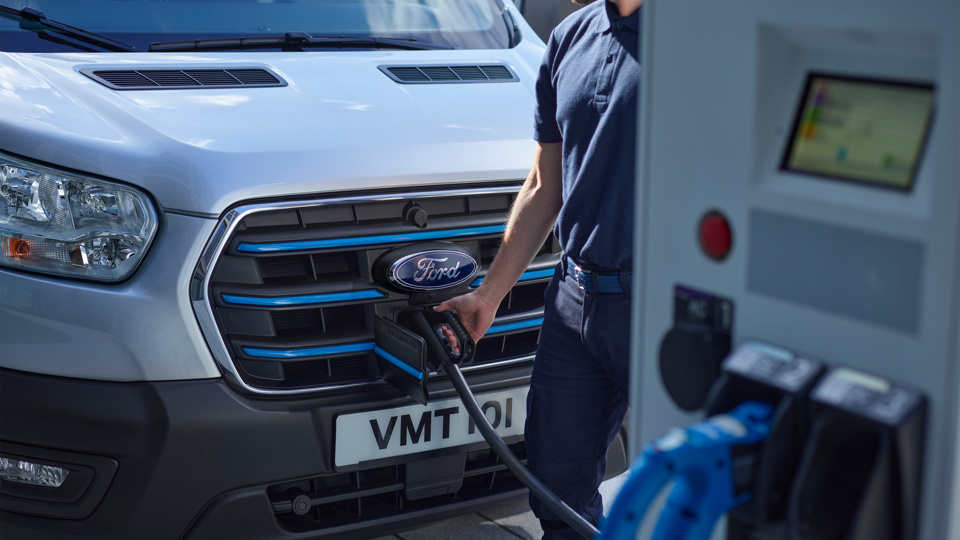


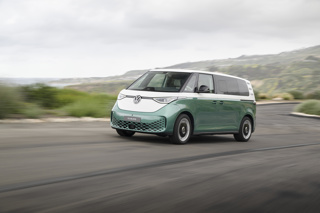
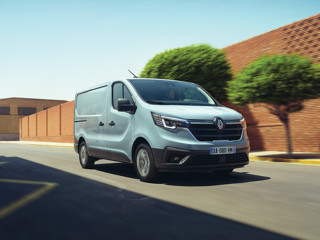
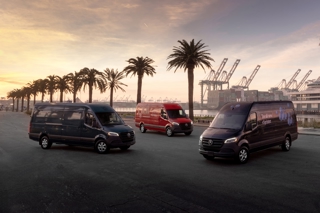
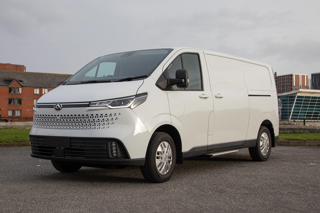
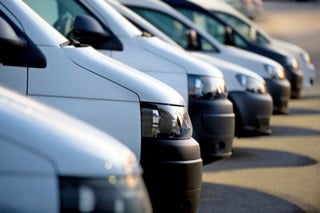





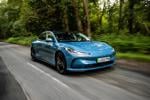


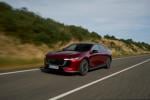



Login to comment
Comments
No comments have been made yet.